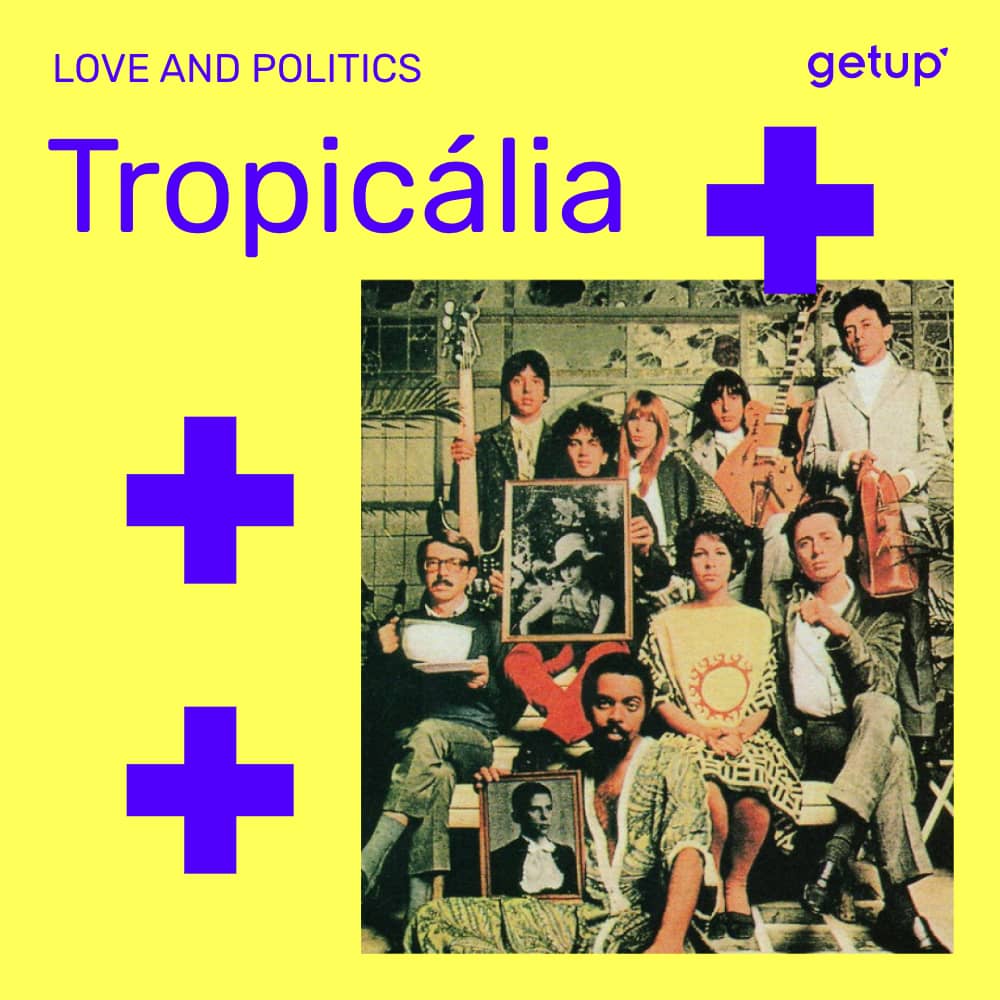Brazilians call her the Queen of the Sea, Princess, Mermaid, Inaê, Janaína. Patron saint of fishermen, the protective deity of travel and marriage, Iemanjá is venerated throughout Brazil, but it is in Bahia, the cradle of Candomblé and Umbanda (syncretic African-Brazilian religions that blend African traditions with Roman Catholicism, Spiritism, and Indigenous beliefs - translator’s note) that her influence on popular culture is most keenly felt. In Salvador, her feast day on 2nd February gives rise to ceremonies at sea where boats place offerings on the surface of the water.
Beyond ritual, Iemanjá is an inexhaustible source of musical inspiration. The history of Brazilian popular music is still linked, above all, with the Bahian composer Dorival Caymmi, whose songs are, in turn, closely linked to the ocean. “Dois de fevereiro”, released in 1959, was followed by numerous hits featuring the female deity such as “Rainha do Mar”, covered by Gal Costa in 1976, on an album dedicated to Caymmi. Praise for Iemanjá when you are from Bahia goes without saying: Gilberto Gil, Caetano Veloso, Maria Bethânia and Virginia Rodrigues all frequented her places of worship and rubbed shoulders with the Orisha.
References to African-Brazilian religions can of course be found in carioca samba, a style born in the working-class neighbourhoods of Rio at a time when rites and festive meetings were linked to Candomblé. Whilst the best known African sambas are those by Baden Powell and Vinicius de Moraes, a song like “Sá Janaína” by the group Fundo do Quintal symbolises the influence of the divinities – and in particular that of Iemanjá – on carioca production. “O Mar Serenou” from the album Claridade gave Clara Nunes a new artistic identity that focused entirely on the Orisha. Born in the state of Minas Gerais, the singer has appeared as a high priestess of the sea on stage, in her TV shows and on her album covers.
In the Brazil of the 1990s, it was the pop image of this divinity that modern young people like Marisa Monte seized upon, revisiting “Lenda das Sereias”, a 1976 carnival hit from the Império Serrano school of samba. At the dawn of the new millennium, Pedro Luis wrote “Aro de Iemanjá” to music by Zé Renato, whilst Otto reunited with his former colleagues from Nação Zumbi for the berimbau-based “Janaína” filled with electro sounds. A new generation of rappers are showcasing their flow in São Paulo, carried along by charismatic figures who are curious about their roots: Criolo, Rael and Emicida, whose track “Baiana” describes a sea goddess who for some is black and for others white.
Iemanjá is a generous deity. In 2002 she gave singer Elza Soares her big comeback on the scene with “Hoje é Dia de Festa”, a wonderful song by Jorge Benjor. This tireless interpreter of Bossa Negra later found a new lease of life with the Metá Metá collective with whom she can continue to share the African spirit.
.jpg)



